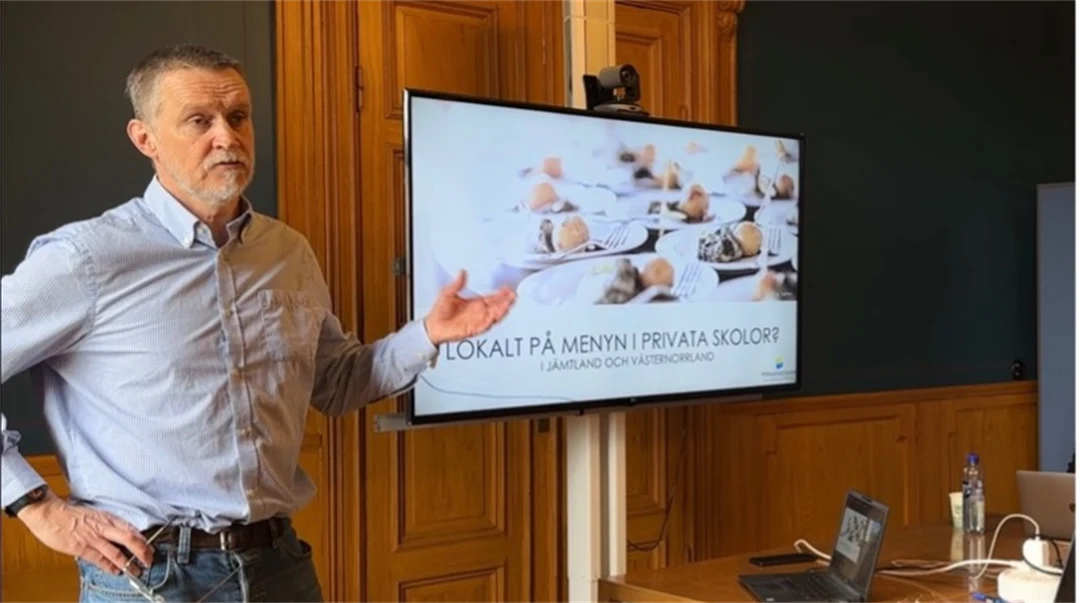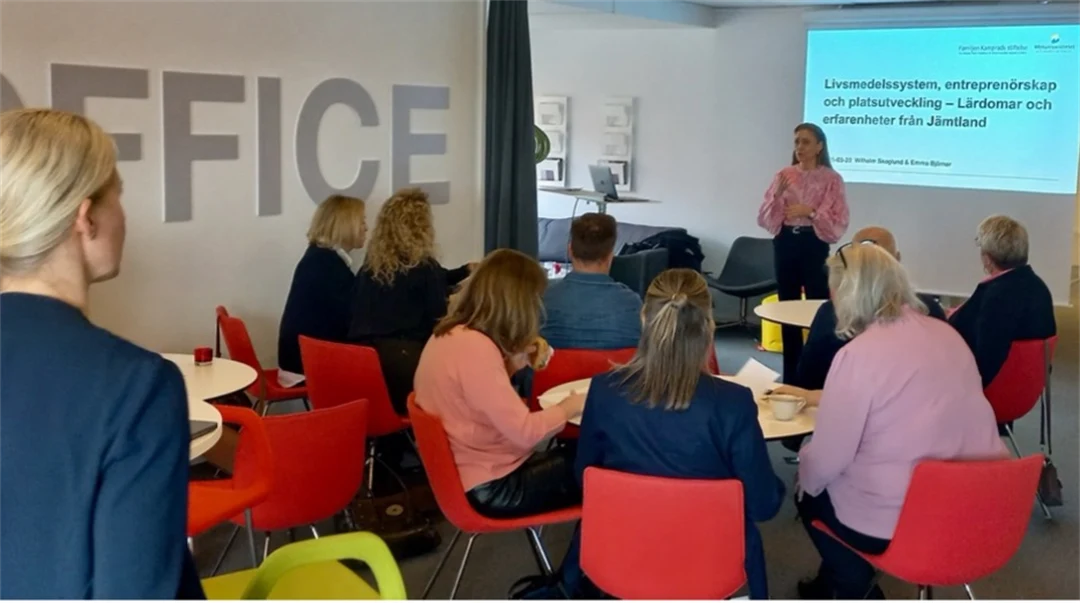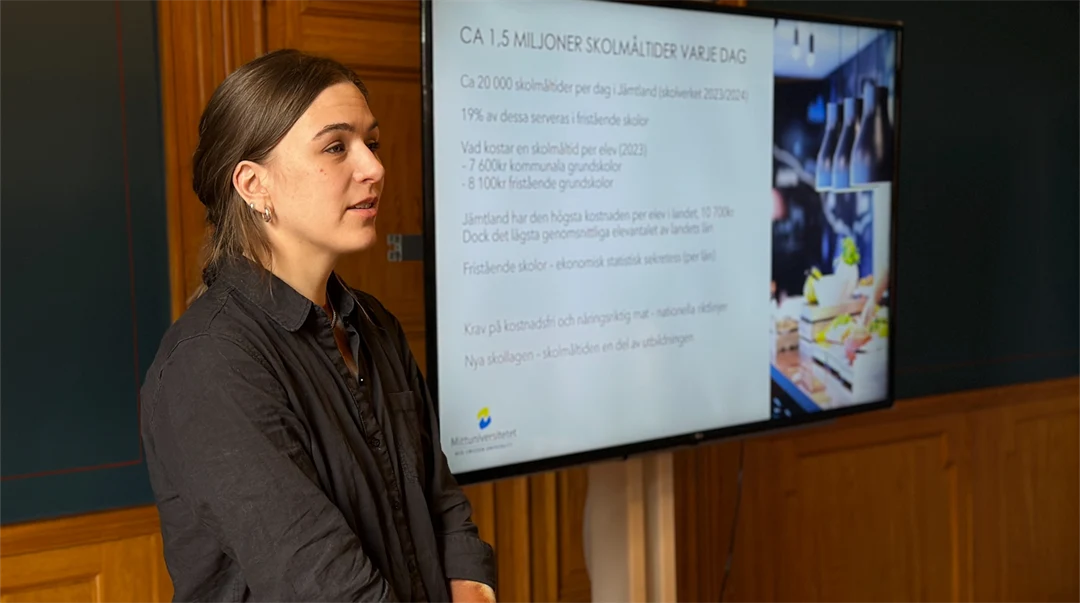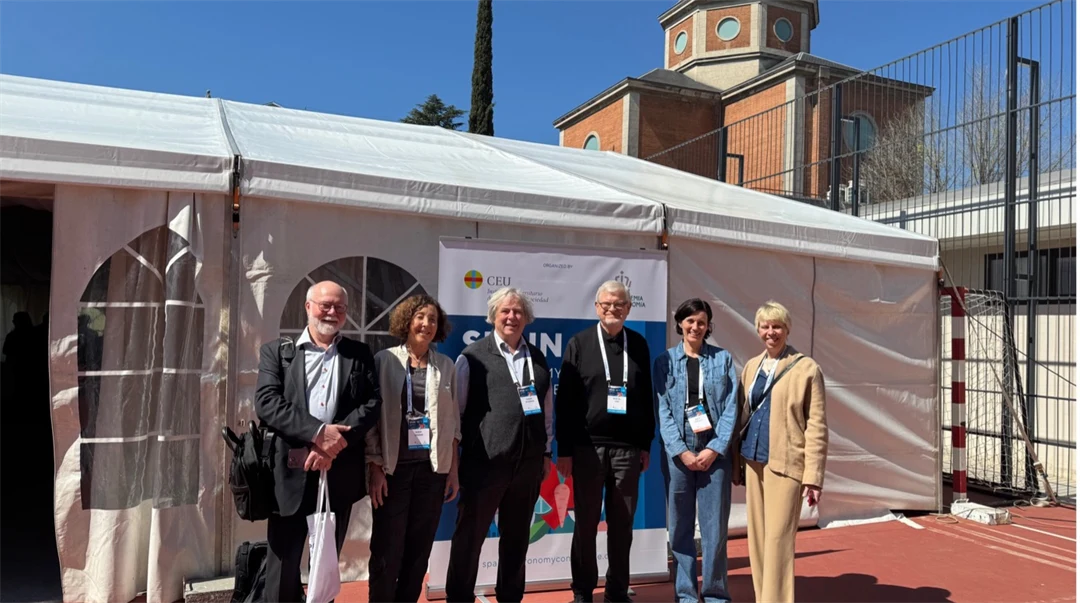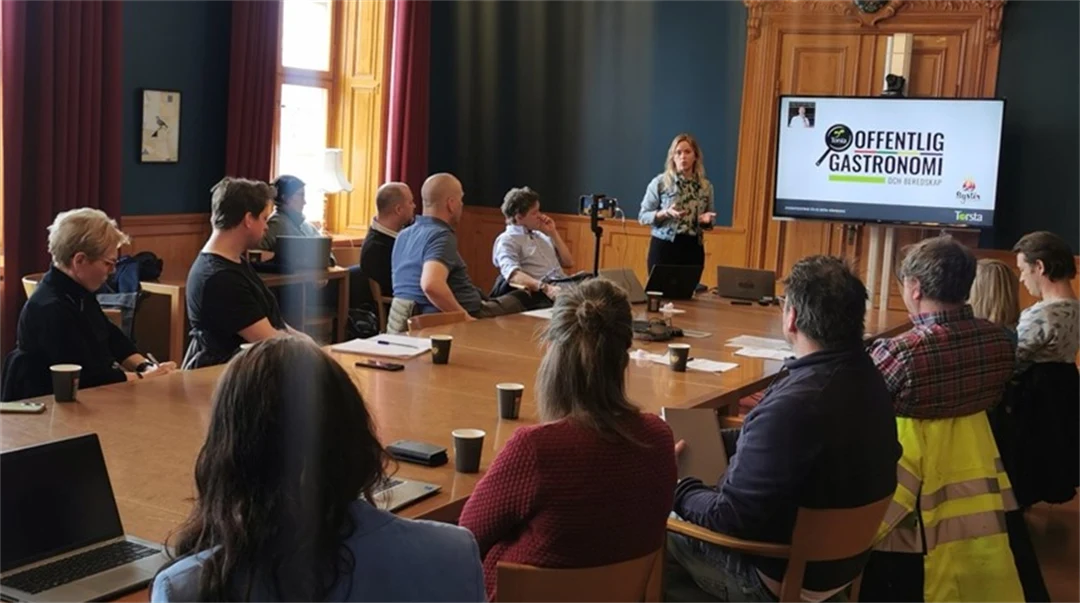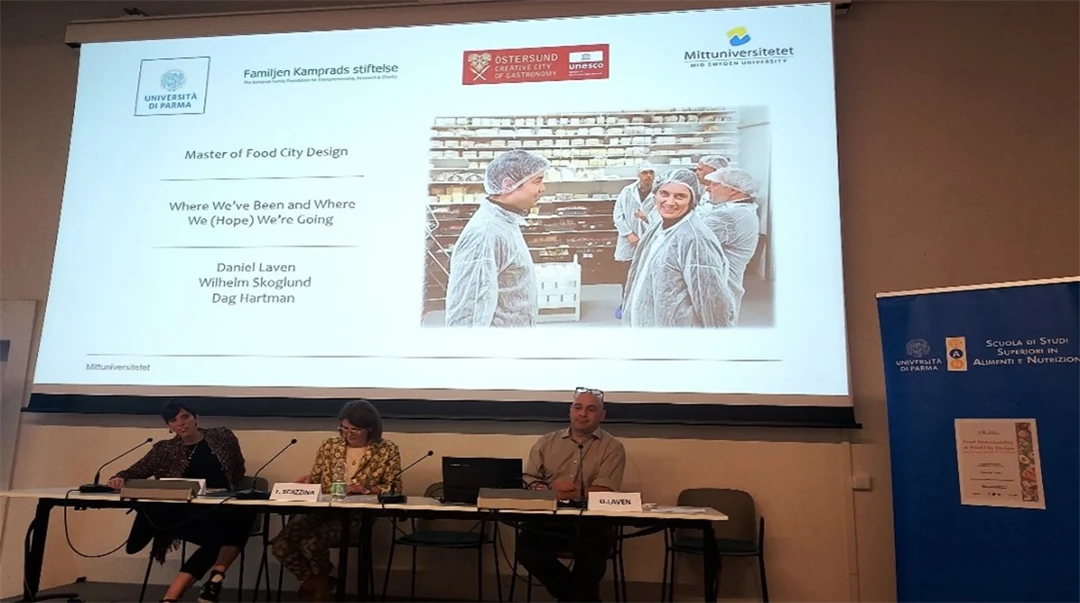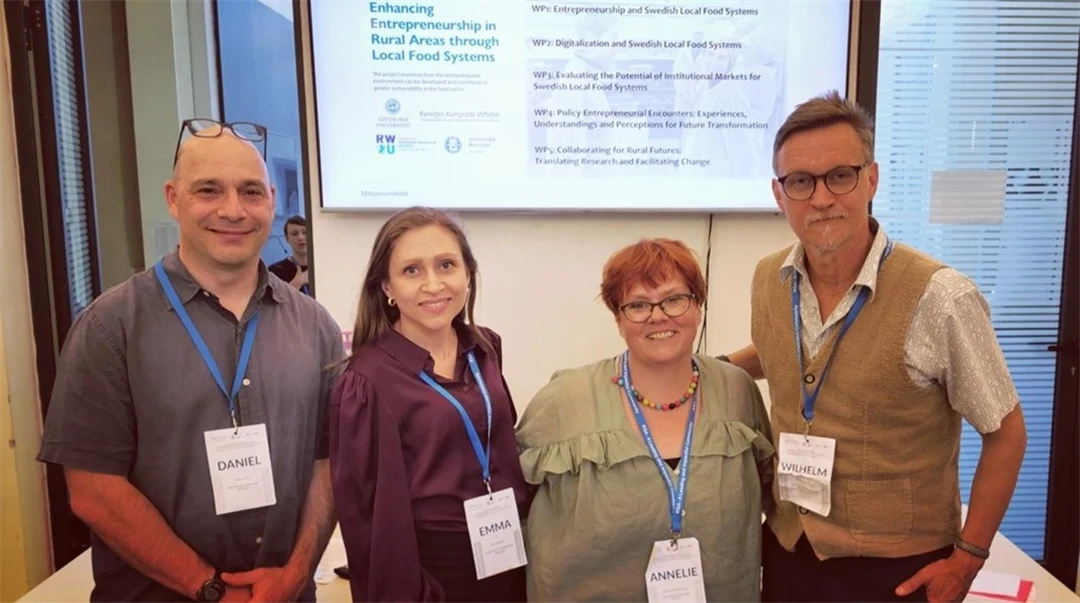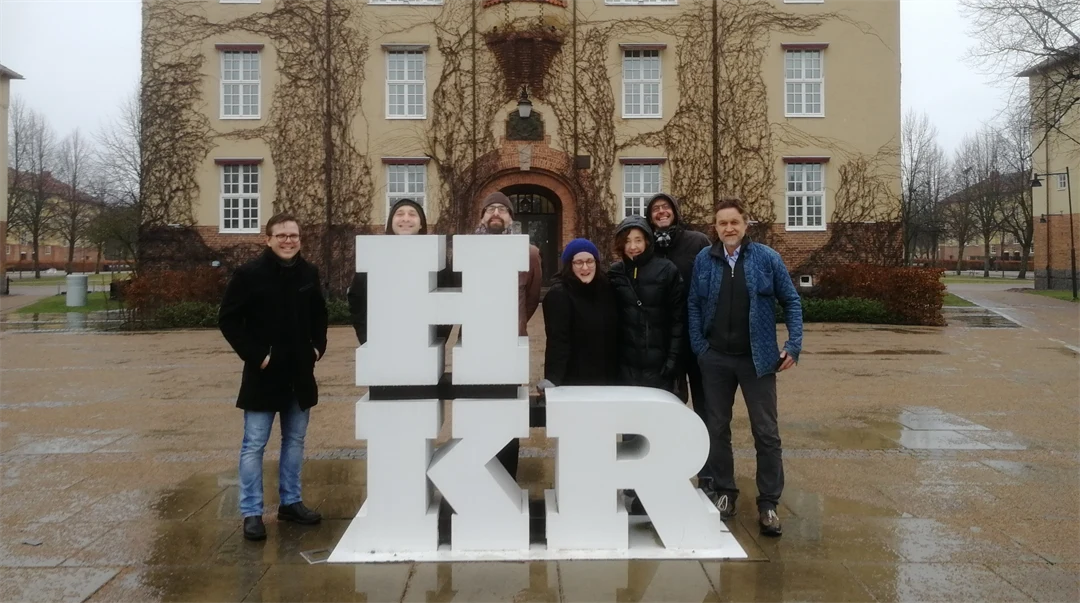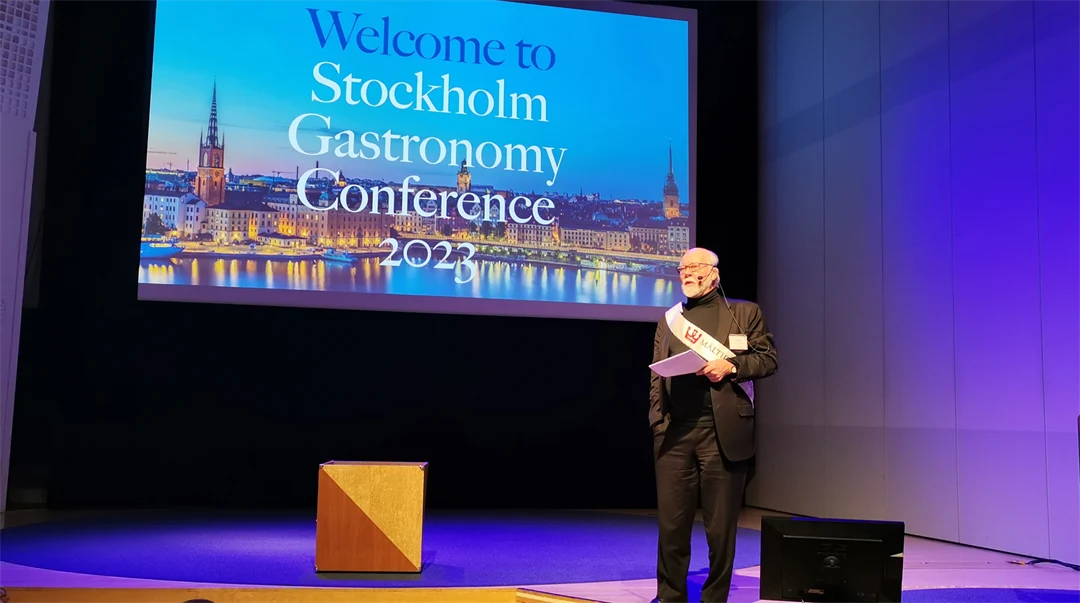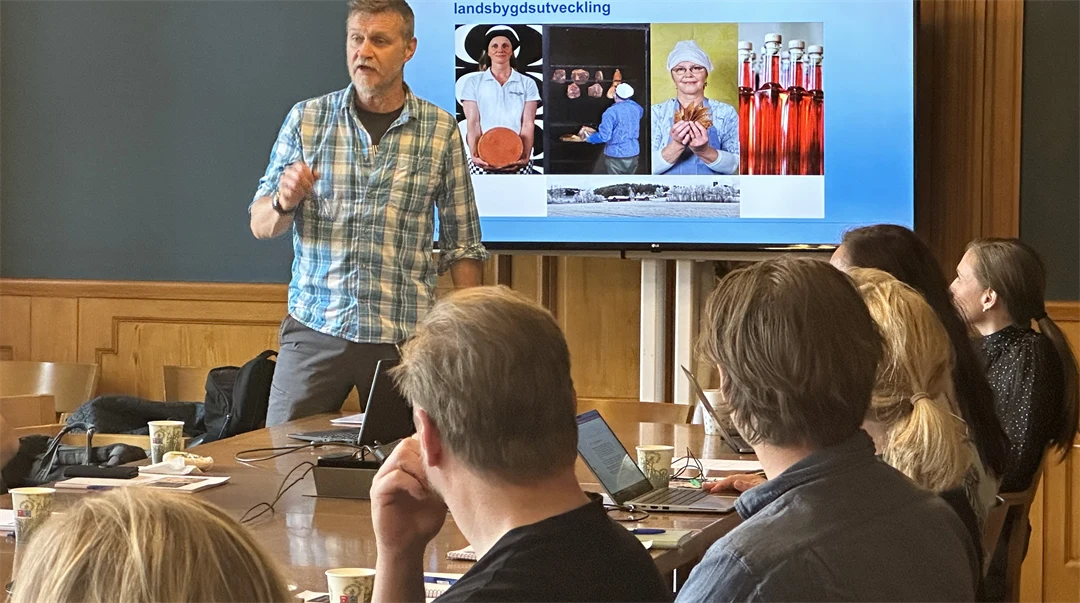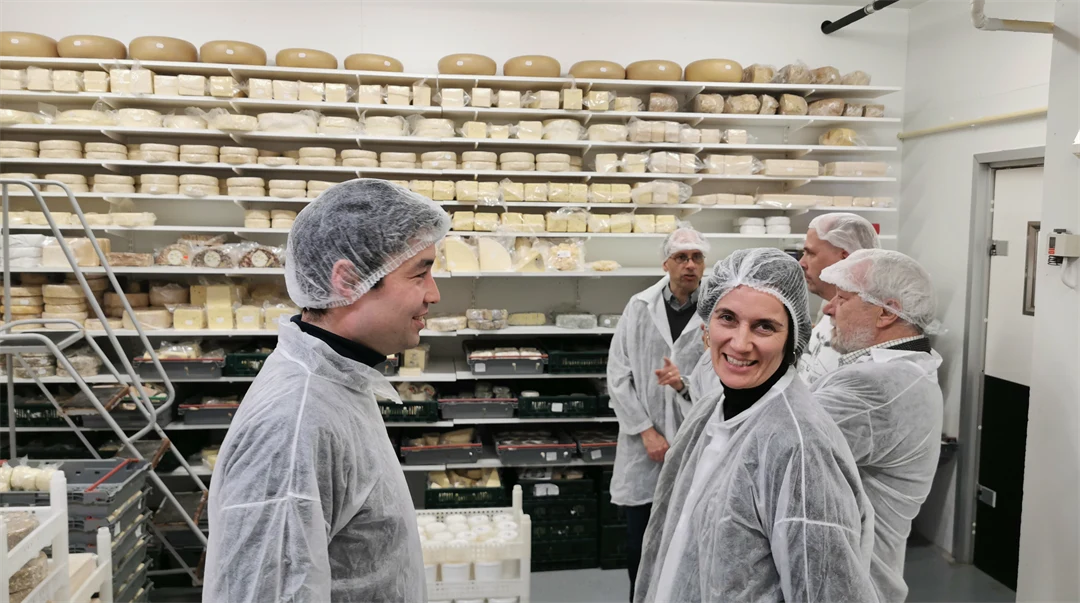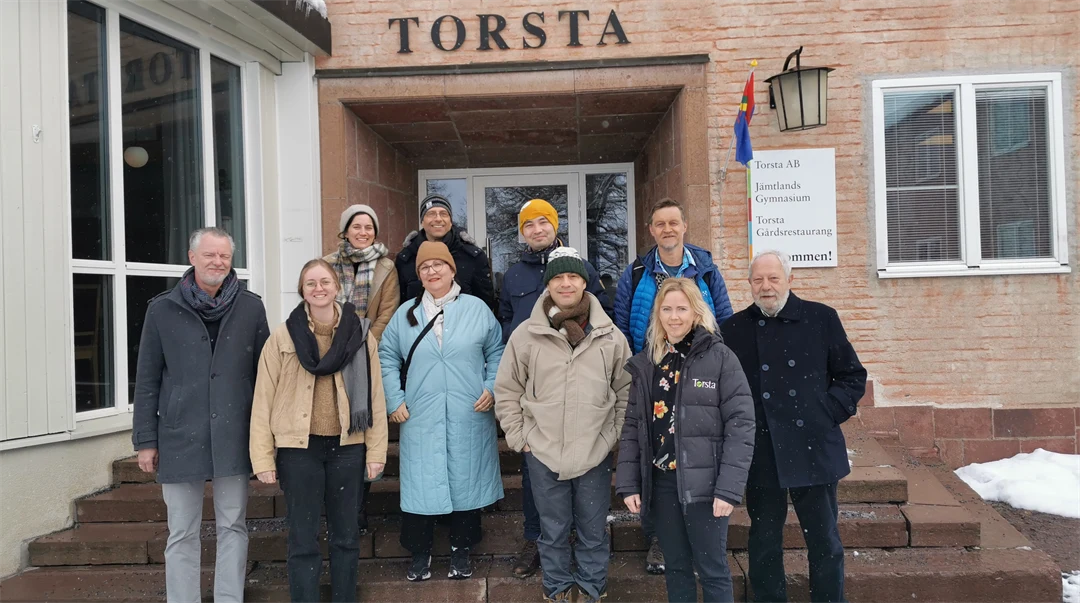Local Food Systems (LFS) are growing in popularity worldwide, despite their relatively low proportion of total agricultural output. Research demonstrates that LFSs directly contribute to regional employment, more diverse local food production and healthier eating habits.
About the project
Despite these encouraging trends, local food producers experience significant adjustment problems when pursuing new business opportunities. As a result, improving the conditions for the development of local food production is crucial to enhancing entrepreneurship in rural and peripheral areas. In addition, this project also recognizes that LFSs provide benefits that go far beyond the economic value of food production and processing, which, in turn, supports the practice of entrepreneurship in rural and peripheral
areas.
In Sweden, as in other countries, the food sector is a core business sector for the entire economy. It mostly consists of smaller businesses, with around 40% of its employees working in micro businesses. A recent international comparison revealed that the Swedish food sector trails other countries in terms of innovation, which indicates a growing need for new research on small businesses and entrepreneurship in the sector. Even if major companies are generally more effective in economic terms, small companies are important because they help to diversify the market while providing important opportunities that underpin LFS in rural areas.
Based on this background, the purpose of this project is to enhance a transformative entrepreneurship in rural areas through LFSs.
WP 1: Entrepreneurship and Swedish Local Food Systems
Local food systems’ strengths, opportunities, weaknesses, and threats are assessed via a survey and during workshop discussions. Moreover, entrepreneurs’ goals, like ecological ethics and personal interests to maintain traditions, heritage and community engagement are studied. Finally, collaborative network configurations, like strong cohesion and brokerage, which favour the birth and diffusion of creative mind-sets and idea generation are detected and strengthened.
WP 2: Digitalization and Swedish Local Food Systems
After assessing the online presence of the local food system in Jämtland-Härjedalen, digital solutions to enhance the marketing effectiveness of locally produced food are identified, conceptualized, and pilot developed. Moreover, the typical online shopping behaviour of customers and retailers for locally produced food is studied through methods of artificial intelligence (AI). Finally, online customer feedback on locally produced is analysed through methods of sentiment analysis and topic detection.
WP 3: Potential of Institutional Markets for Swedish Local Food Systems
Because of complex procurement processes, most schools and other Swedish institutions procure their food from industrial or non-local sources. Hence, through a mix of qualitative and quantitative research methods as well as a legal and policy analysis, the demand potentials, opportunities and barriers for selected schools to source their food from local food systems are evaluated. At the same time, the capacity for local food producers to meet these demand potentials are assessed.
WP 4: Policy-Entrepreneurial Encounters for Transformation
We explore how policies, public funding, laws and public institutions hamper or unleash the potential of local entrepreneurship to contribute to integrated, sustainable regional development through investments in local food systems. Through a series of participatory exercises and workshops with key stakeholders, the type of policy support and investments are identified to support entrepreneurial development, both at the national, regional, and local levels.
WP 5: Collaborating for Rural Futures
Results of previous Workpackages are synthesized and knowledge exchange is coordinated by engaging entrepreneurs, civil organizations, and policymakers to support cohesion, to harness development potentials, and to cope with trade-offs in rural contexts. Workshops and site visits are organized to disseminate results and to stimulate dialogue. Bottlenecks, contradictions, opportunities, and limitations in the facilitation of the entrepreneurial role in contributing to rural development are highlighted.
Facts
Project period
220901—250831
Research centers
Project leader

Project members




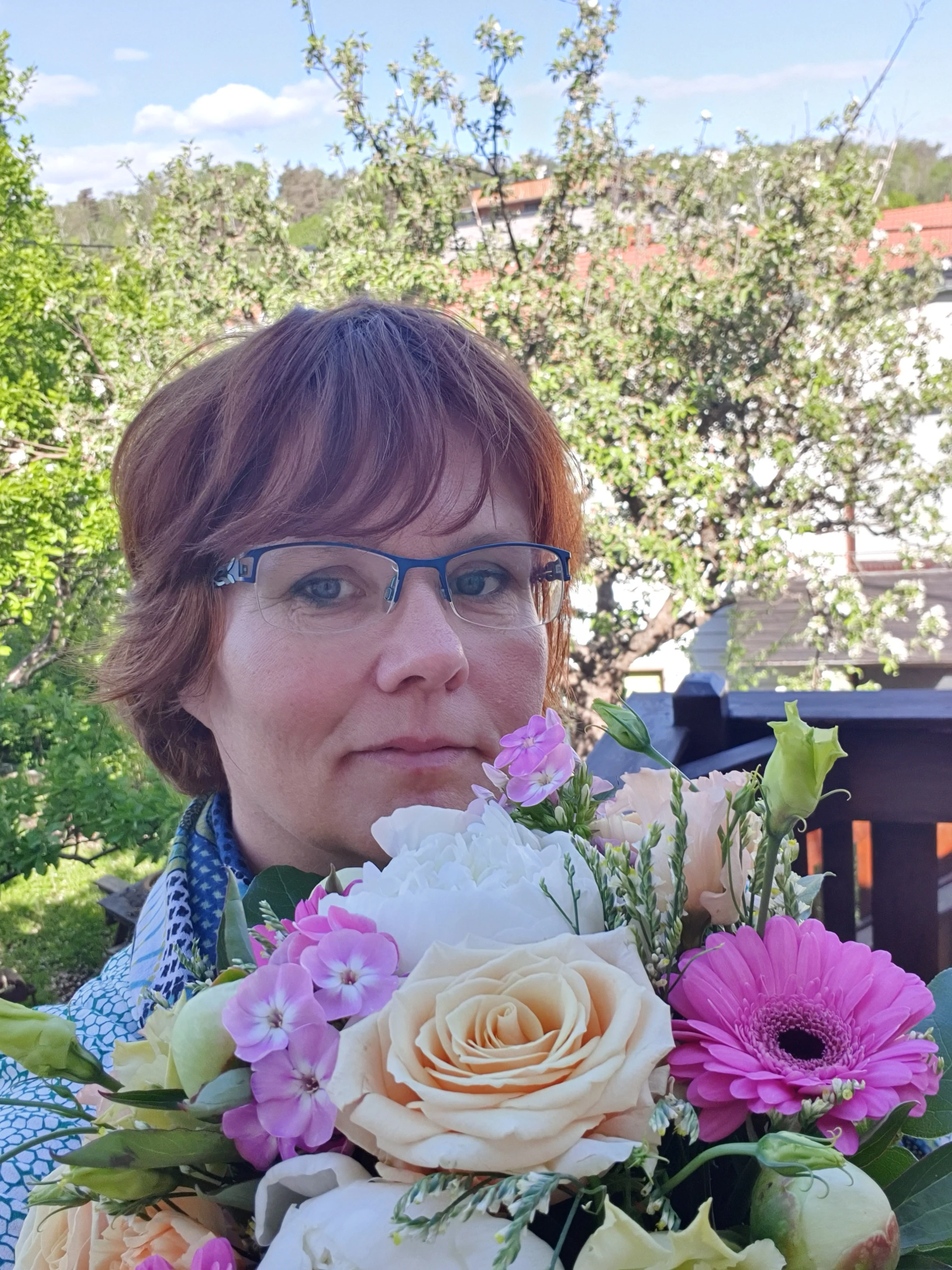

Emma Björner
Universitetslektor, Senior Lecturer
emma.bjorner@gu.se
Gothenburg Research Institute, GRI





